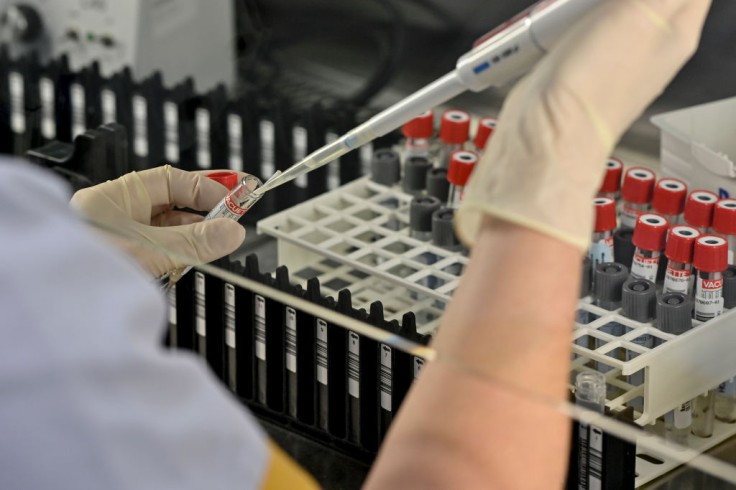
Pfizer is acquiring Arena Pharmaceuticals with a $6.7 billion deal.
Arena Acquisition by Phizer
Pfizer announced on Monday, December 13, that it will pay $6.7 billion for San Diego-based biotech Arena Pharmaceuticals with cash on hand.
According to CNBC, Arena Pharmaceutical s, the San Diego-based biotech company is valued at roughly $6.7 billion.
Pfizer will pay $100 per share in cash for Arena, a 100% premium to the company's closing price. The pharmaceutical giant stated that it plans to fund the deal using cash on hand.
Phizer Pharmaceutical
Pfizer's Mike Gladstone stated that the proposed acquisition of Arena complements Phizer's knowledge and expertise in Inflammation and Immunology.
The company is also developing a technology engine working to develop new treatments for patients with crippling immuno-inflammatory diseases who require more effective treatment options.
Pfizer plans to speed the clinical development of Etrasimod for patients with immuno-inflammatory illnesses by leveraging Pfizer's outstanding research and worldwide development capabilities.
Arena Pharmaceuticals Revenue
Furthermore, both Pfizer and Arena are leading pharmaceuticals companies.
Arena Pharmaceuticals Inc. has agreed to be acquired by PFE, at +1.34%.
In a deal for around $6.7 billion, ARNA fell -5.33%. Arena's stock jumped 91% in premarket trading as a result of the news.
Pfizer will pay $100 for each Arena share, which is more than quadruple the stock's Friday closing price of $49.94.
Furthermore, Pfizer's global president, and general manager of Pfizer's inflammation and immunology division, stated that they are excited with the possibilities of what the two companies will create.
Arena Pharmaceuticals
Arena, a clinical-stage firm exploring unique potential treatments for the treatment of multiple immuno-inflammatory illnesses, has agreed to be acquired by Pfizer under a definitive agreement.
According to Street Insider, Arena's pipeline encompasses a series of exciting early-stage therapeutic applicants in gastroenterology, dermatology, and cardiology, including Etrasimod, an oral, selective sphingosine 1-phosphate (S1P) receptor modulator currently in development for a variety of immuno-inflammatory diseases, which include gastrointestinal and dermatological conditions.
Arena has built a robust development program for Etrasimod, including two Phase 3 studies in ulcerative colitis (UC), a Phase 2/3 program in Crohn's Disease, a planned Phase 3 program in atopic dermatitis, and ongoing Phase 2 studies in eosinophilic esophagitis and alopecia areata.
Clinical Researches of Arena
In patients with moderate to severe Ulcerative colitis (UC), the randomized, placebo-controlled, dose-ranging Phase 2 study (OASIS) compared the efficacy and safety of Etrasimod against placebo over a 12-week period.
In the open-label extension, most patients who had a clinical response, clinical remission, or endoscopic improvement at week 12 had sustained or improved effects with Etrasimod 2 mg up to week 46.
Etrasimod also had a positive benefit-to-risk profile, which matched the safety findings from the OASIS double-blind study.
The findings are encouraging as there remains tremendous unmet demand for safe and effective oral medicines in UC for patients with inadequate response, loss of response, or intolerance to conventional or advanced therapy.
The OASIS experiment aided the progress of the ELEVATE UC 52 and UC 12 trials, both of which are now fully enrolled and will have results in 2022.
Furthermore, Arena's pipeline also includes two cardiovascular assets in development, Temanogrel, and APD418.
Temanogrel is currently in Phase 2 testing for the treatment of systemic sclerosis-related microvascular blockage and Raynaud's phenomenon.
For acute cardiac failure, APD418 is now in Phase 2.









